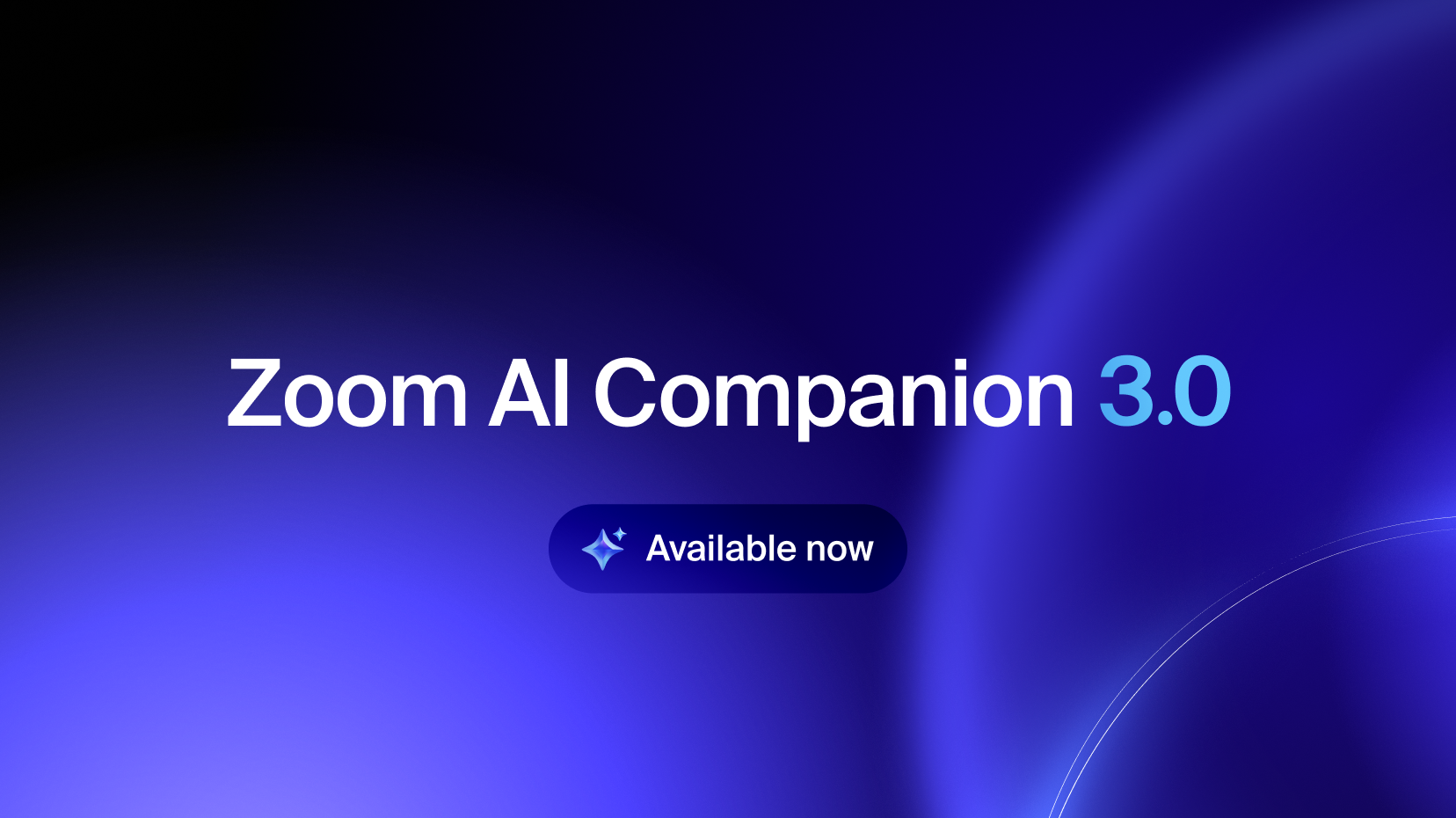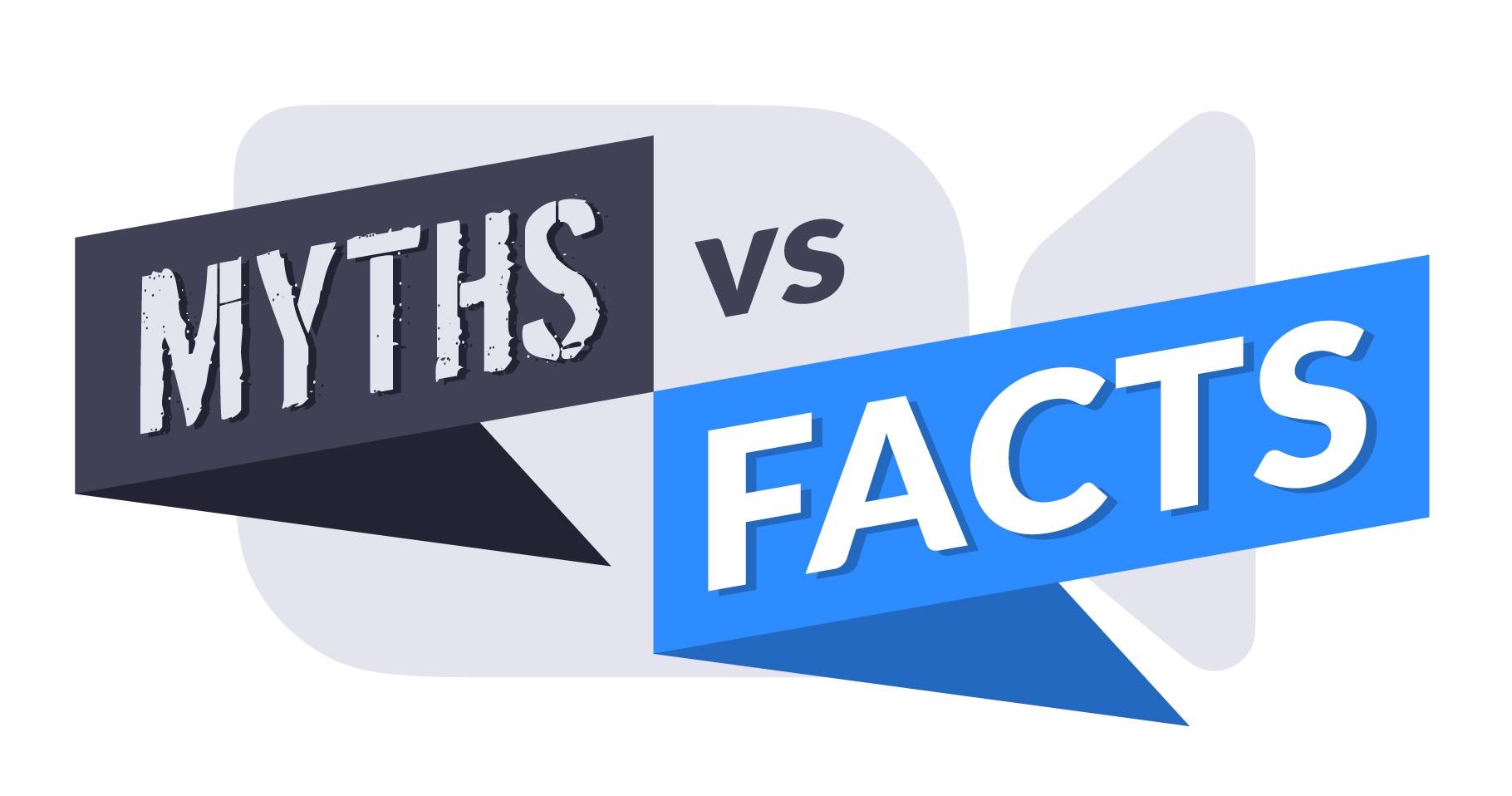
From conversation to completion: Zoom AI Companion 3.0
AI that acts, not just answers
Updated on April 27, 2022
Published on February 22, 2021


Brendan Ittelson is the Chief Ecosystem Officer leading Zoom’s developer ecosystem. Brendan joined Zoom in 2015 and led Zoom’s global customer support before taking the CTO role in 2020. Prior to Zoom, Brendan worked as both a contractor and a Department of Defense civilian employee in the federal sector, creating, implementing, and supporting various global identity management systems. After leaving the DoD, Brendan transitioned to the financial sector and joined a FinTech startup, Dynamics Inc, where he served as VP of Special Operations. In that role, he combined his business and technology background on special projects, including helping to revolutionize payments without disrupting the way payment systems work. Brendan holds a bachelor’s degree in Business Administration from the University of Oregon and a certificate in Identity Management from the Naval Postgraduate School.
There’s a lot of information out there about using Zoom, and it can be hard to separate fact from fiction. You may have heard, for instance, that a meeting host can hear you when you’re muted.
We are here to provide the clarity you need! We're debunking this and a few other misconceptions that have made their way into popular belief, below.
MYTH: Meeting hosts can hear you, even when you’re muted
FACT: We do not offer the ability to secretly unmute and listen to participants on Zoom meetings. Snopes fact-checked this myth and reported that if you are muted (indicated by a red line through your microphone icon), the host, co-host, and other participants cannot hear your audio.
If you mute yourself, the only way a host or co-host can unmute you is if you have given prior permission for them to do so. However, your microphone icon will clearly show you to be unmuted, and you’ll get a message stating, “The host unmuted you.”
MYTH: If you pin a video, the pinned participant and/or meeting host will be notified
FACT: We've seen a few social media posts perpetuating this myth, but the truth is, pinning a video in a meeting doesn’t notify anyone. Pinning, which disables the active speaker view to show a specific video tile in focus, is a local action that only affects your view and local recordings to your own device. It won’t affect the views of other participants in a Zoom meeting, or show up in cloud recordings.
MYTH: Only paid Zoom meetings are encrypted
FACT: Free and paid Zoom meetings between Zoom clients are protected with 256-bit AES-GCM encryption in transit. Free and paid accounts joining directly from the Zoom client can also enable our optional end-to-end encryption (E2EE) feature, which uses the same powerful 256-bit AES-GCM encryption that secures Zoom meetings by default. When users enable E2EE for their meetings, nobody except each participant — not even Zoom’s meeting servers — has access to the encryption keys that are used to encrypt the meeting. This feature is not yet enabled for some partners.
Visit our Trust Center to learn more about how we work to protect your communications and content.
MYTH: Zoom lets meeting hosts know whether you’re paying attention
FACT: Hosts cannot use Zoom to track whether attendees are using other apps during a Zoom call, what apps they are using, or whether Zoom is active on the screen (though we can’t help if your boss or teacher sees your eyes wandering to a distraction off screen!). We previously offered attendee attention tracking to help improve online training engagement, but we removed that feature in April 2020. Schools and organizations may use other, non-Zoom applications to track activity, app usage, or productivity, but Zoom does not offer the ability to do this.
MYTH: Zoom doesn’t work on Chromebooks
FACT: Zoom works on Chromebooks with much of the same functionality as Windows and Mac. We recently updated Zoom’s Chrome Web Store app to optimize CPU usage for all Chrome devices so that everyone using Zoom on a Chromebook has an easy-to-use, reliable experience.
Got a question about Zoom? Check out our blog or Help Center to find the answer, reach out on social media, or join a webinar to learn more.